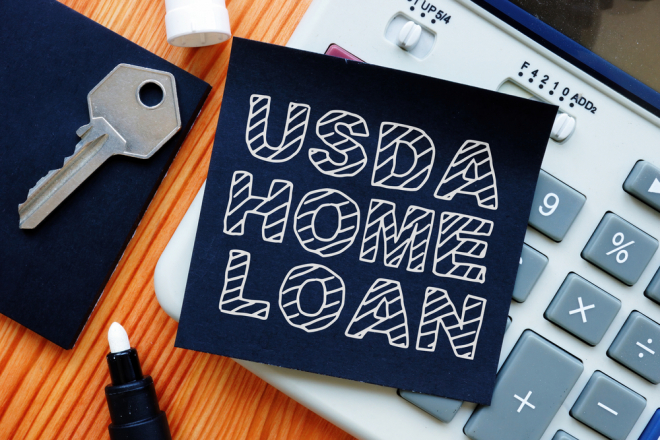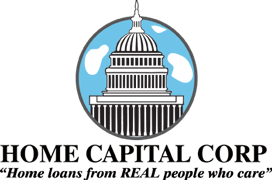

A conventional mortgage loan requires a 20% down payment. If you are a first-time homebuyer however, saving up tens of thousands of dollars can seem like an impossible task. Of course, there are loan programs, like FHA mortgages, that allow for low down payments, but they often have stricter requirements. For some of those programs, you may have to pay higher interest rates, have better credit scores, or pay higher mortgage insurance fees. Fortunately, there is a little-known mortgage loan that requires no down payment and minimal fees: the USDA loan.
USDA Loan Defined
These are mortgages backed by the U.S. Department of Agriculture. They are designed to help low- or middle-income borrowers buy homes in non-urban areas. USDA loans are not actually made by the government; they are made by traditional mortgage lenders but receive a guarantee from the USDA that makes them less risky for lenders.
Loan Features
Beyond offering 100% financing on a home, USDA loans also allow borrowers better interest rates than other low-down payment programs. This is because the USDA subsidizes rates to encourage homeownership in more rural areas. In most other ways, USDA loans are like traditional loans. They are fully amortized (no “balloon” payments), have fixed interest rates and normal closing costs, and they include no prepayment penalties. While they are often used by first-time homebuyers, even repeat buyers can take advantage of them.
USDA loans do require mortgage insurance though. This is insurance that protects the lender against the borrower defaulting. The fees amount to 1% of the loan size at the time of closing plus another 0.35% annually of the remaining loan principal balance. For example, someone buying a home for $100,000 would pay $1,000 in mortgage insurance when the loan closes and another $29.17 monthly thereafter. Even at those rates, the fees are much lower than even with a VA or FHA mortgage.
Eligibility
In order to qualify for a USDA loan, borrowers must:
- Meet the USDA income caps.
The caps are set at 15% above the local median salary. For example, if the median income of a community is $60,000, then the maximum income of the borrower could be $69,000. - Have a reliable job and income.
Borrowers will be required to provide tax returns as proof. - Have a minimum FICO credit score of 640.
Some lenders may have slightly different criteria on this point. - Have a debt-to-income ratio of roughly 40% or less.
- Buy a property in a “rural area.
These are typically defined as places with populations of 20,000 or less.
Qualified Areas
Borrowers can find out which areas qualify under the USDA program by searching the USDA eligibility maps (https://eligibility.sc.egov.usda.gov/eligibility/welcomeAction.do?pageAction=mfhc.) While the aim of the program is to help stimulate growth in “rural” areas, most of the country actually falls under that definition with 97% of the US map qualifying.
Although the USDA loan will not suit the needs of every borrower, it is a little-known program that can help many potential homeowners take advantage of low-rates and no down payment.

